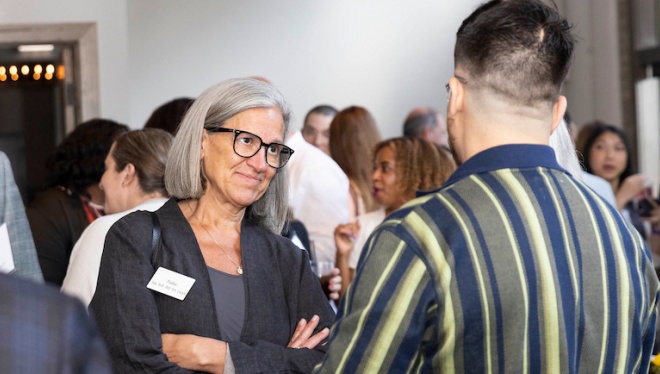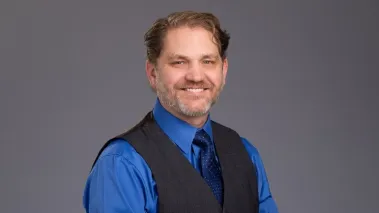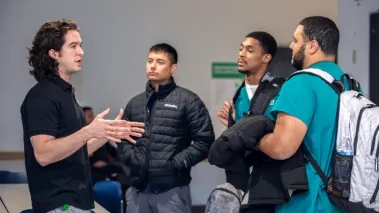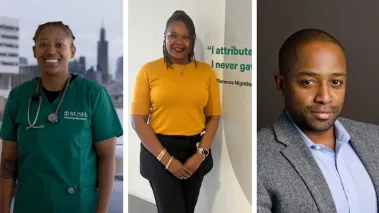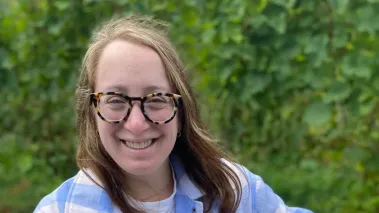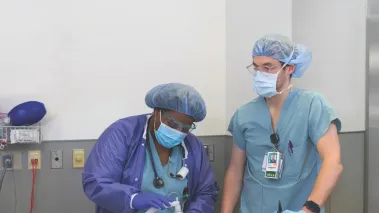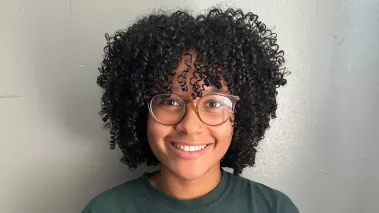Get to Know the Rush University Provost
September 11, 2025
A conversation with Julie Anne Hoff, PhD, RN, FNAP, FAAN, provost and senior vice president of Rush University, about returning to Rush as a proud College of Nursing alum and beginning a new chapter in her life

